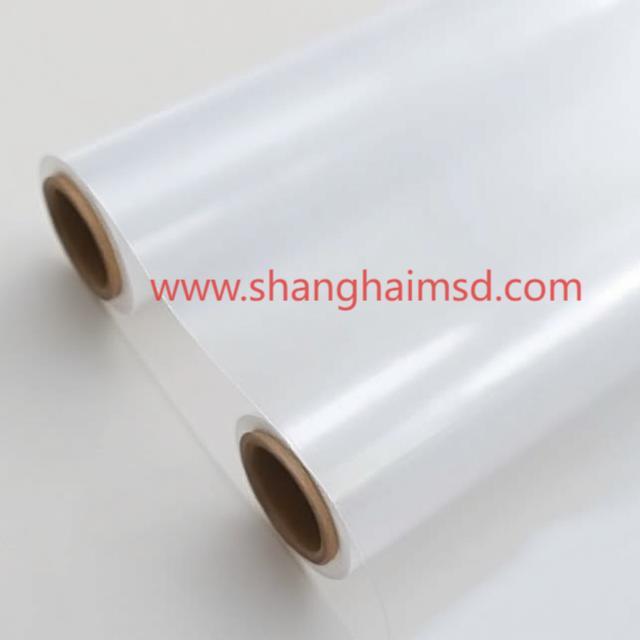In the rapidly evolving polymer industry, TPU Compound Film has emerged as a high-performance material known for its adaptability, durability, and aesthetic appeal. The production of TPU-based composite films is not only about formulating superior raw materials but also about mastering advanced processing technologies that ensure consistency, precision, and functionality. The continuous innovation in extrusion, lamination, and coating processes has made TPU a preferred choice for various applications, from automotive interiors to healthcare devices.
The manufacturing of TPU films begins with the selection of high-quality thermoplastic polyurethane resins, which determine the film’s transparency, elasticity, and strength. These resins undergo melt extrusion, where the polymer is heated to a specific temperature range to form a homogeneous melt. The molten material is then passed through a flat die to produce thin films of uniform thickness. Precise temperature and cooling control during extrusion is crucial, as it directly affects the film’s mechanical performance, surface quality, and optical clarity. The flexibility of this process allows for both monolayer and multilayer film production, catering to diverse industrial requirements.
One of the most critical advancements in TPU Compound Film manufacturing is co-extrusion technology. This method enables the integration of multiple functional layers into a single film structure, combining properties such as abrasion resistance, breathability, and adhesive strength. For example, a three-layer TPU film might include a soft elastic layer for flexibility, a structural core for strength, and a surface layer with UV resistance or anti-fogging properties. Through co-extrusion, manufacturers can reduce post-processing steps while maintaining uniform performance across large-scale production.
Lamination is another essential process that significantly enhances TPU film applications. By bonding TPU with fabrics, foams, or other polymer layers, the film gains additional properties such as tensile strength, thermal insulation, and moisture management. Hot-melt lamination, flame bonding, and solvent-based adhesion methods are commonly used, depending on the application’s specific demands. TPU’s inherent polarity allows it to adhere well to different substrates without requiring aggressive chemical adhesives, making it a safer and more environmentally friendly choice compared with PVC or PU coatings.
The calendaring process is often applied to refine the thickness and surface texture of TPU films. Through controlled mechanical pressure, calendaring ensures dimensional stability, smoothness, and uniformity, which are essential for applications in electronics and medical devices. Surface treatments such as corona discharge or plasma activation may follow to enhance adhesion and printability. These treatments modify the film’s surface energy, enabling better compatibility with inks, coatings, or adhesives used in subsequent production stages.
Beyond conventional processing, the advancement of digital and automated manufacturing systems has revolutionized TPU film production. Modern extrusion lines equipped with intelligent sensors and feedback controls enable real-time monitoring of temperature, tension, and film thickness. This not only improves quality consistency but also reduces material waste and energy consumption, aligning with the principles of smart manufacturing and green production. As sustainability becomes a global priority, energy-efficient processing and recyclable TPU formulations are setting new industry benchmarks.
In terms of customization, TPU compound films offer manufacturers a wide range of options for surface appearance and performance modification. Matte, glossy, embossed, or patterned finishes can be created through specialized molds or post-processing techniques. Color pigments, flame retardants, or antimicrobial additives can also be integrated during production to achieve specific functional outcomes. These flexible design possibilities make TPU films highly desirable for both industrial and consumer product applications, where aesthetics and functionality must coexist.
Shanghai Ming Shida International Trading Co. has been instrumental in advancing TPU compound film manufacturing through its collaboration with global processing equipment suppliers and material scientists. The company’s expertise covers extrusion optimization, multilayer lamination, and customized surface finishing, ensuring that clients receive films that meet precise technical specifications. With a focus on quality control and environmental responsibility, Shanghai Ming Shida continues to deliver innovative TPU solutions for industries worldwide.For more information about their latest TPU material technologies, visit https://www.shanghaimsd.com/news/the-composition-and-versatility-of-tpu-compound-film.html .



